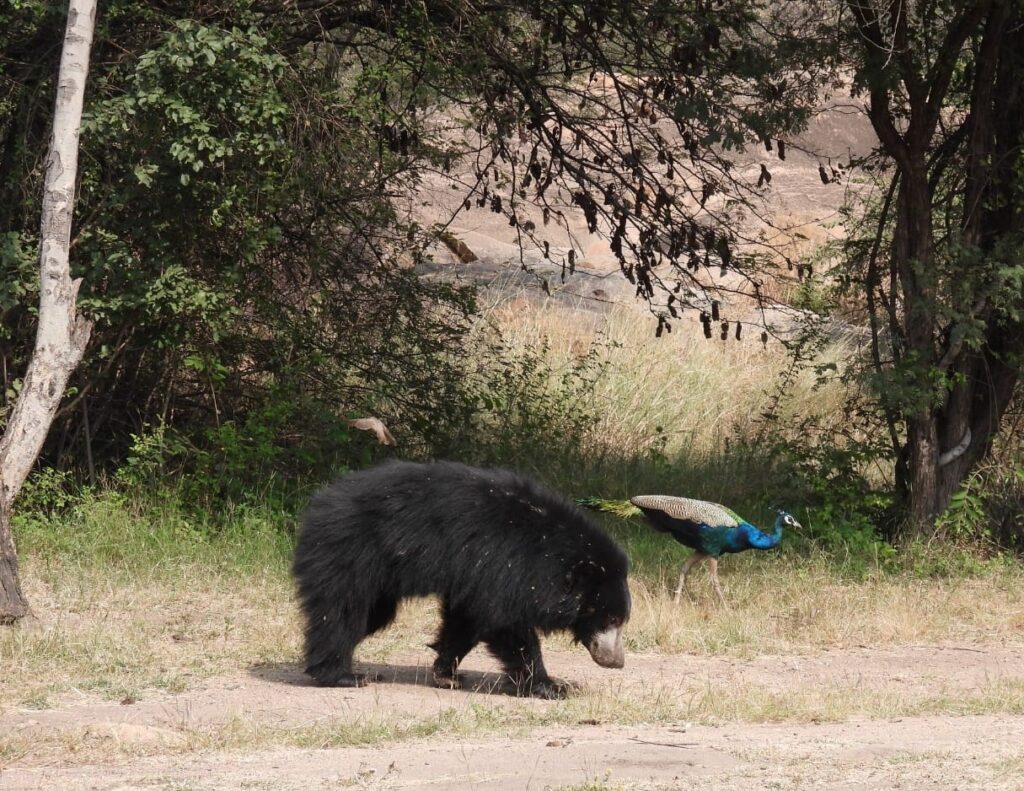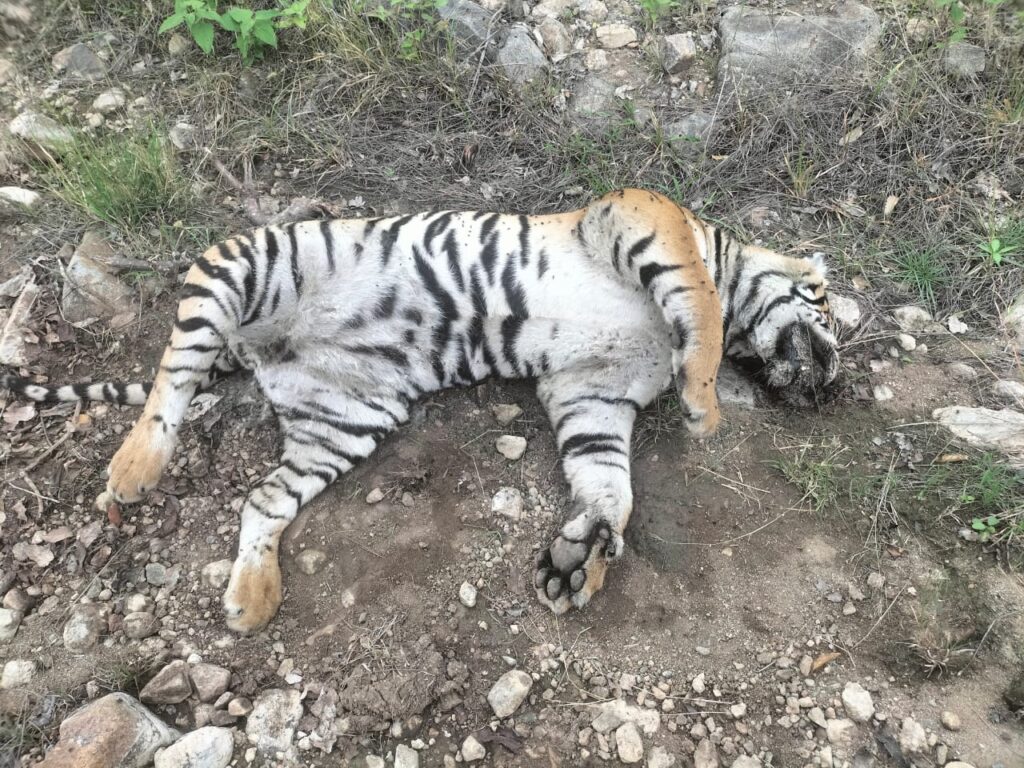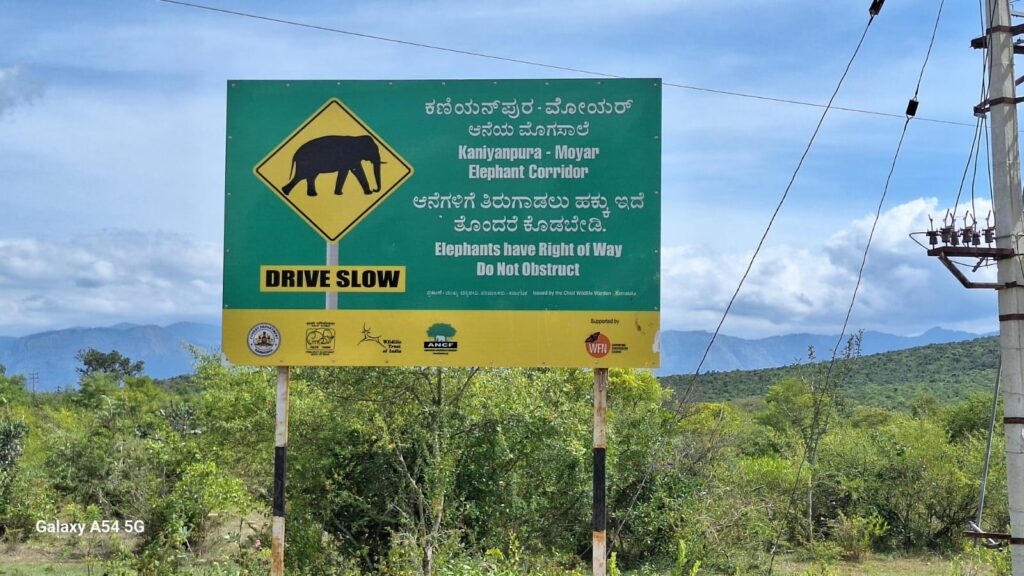
B K SINGH:
The Protected Areas (PA) i.e. Sanctuaries and National Parks are managed by Forest Departments and often, it is alleged there are shortages of funds to take up priority action namely dealing with human-wildlife conflict issues, controlling invasive species, reversing habitat degradation, restoring the corridors, intelligence gathering, regular and aggressive patrolling of jungles to prevent hunting of wild animals, illicit cutting of trees, setting fire in the forests and encroaching forest land etc.
A number of companies in discharge of duties towards corporate social responsibility (CSR) spare sizable chunk of money for wildlife conservation. Sometimes, they pay it to forest department directly, but many at times, it is routed through non-governmental organizations (NGOs). It is for forest department and respective agencies in the government to see that wildlife managers coordinate with the NGOs working in their jurisdiction and spend the money in priority works.

WILDLIFE MANAGERS & NGOs SHOULD WORK IN CLOSE COORDINATION
Wildlife managers must remain in close coordination with the NGOs working in the PA and should consider the resources brought by them as an addition to what government has allotted. NGOs are generally found distributing shoes, jackets, raincoat/ umbrella, water bottle etc. to the frontline staff and jeeps, cameras, binoculars to PA managers. In a tiger reserve, there are sometimes many NGOs supplying such articles leading to duplication of articles and the expenditure does not help the cause of conservation.
Likewise, the CSR funds received by PA managers directly, are also not spent under the annual plan of operations, where priority works according to management plans/ tiger conservation plans are taken up for implementation. Such funds are not received under any plan and are also used for unplanned works like creation of water holes, digging bore wells for solar pumps, digging of trenches for improving moisture regime, pulling lantana and other invasive weeds etc. using heavy machineries.

PAs and tiger reserves in particular are inviolate areas and repeated movement of heavy machineries inside is unwarranted.
NGOs continue to play a very important role in PA management. Officers get transferred, and the new persons take some time to get a grip. A new Deputy Conservator of Forests in charge of PA can get unbiased past history from a NGO working in the area. As a Chief Wildlife Warden, I myself connected with NGOs and got several useful information relating to poaching of gaurs, sambhars, and leopards which was rampant in Kodagu and Chikkamagaluru districts in Western Ghats and even in other districts of Karnataka.
An NGO named Wildlife SOS with the help of Wildlife Crime Control Bureau and Satyamangala Police detected an offence of tiger poaching in Satyamangala tiger reserve, helped Police in investigation, arrest of offenders and their prosecution. The case succeeded in the Trial Court during August 2025 and all six accused persons were sentenced for three years’ jail term. The conviction rate in forest cases is quite low; but the chances of success increases when an NGO follows up the case.

SYNERGISE AVAILABLE RESOURCES
A number of elephant electrocution cases on the fringes of Karnataka’s Bandipur Tiger Reserve, where even accused have been arrested, have fallen flat in the courts. Quite often, Forest Department encounters difficulties in tracing the accused persons, carrying out investigations and even at the stage of filing the charge sheet.
It is advisable for them to synergize the resources available duly involving an NGO right from the detection stage.

MM HILLS TIGER POISONING CASES
Management of invasive species and forest fires are also important for PA management. Engaging with the community is found quite useful. The poisoning of tigress along with four cubs in Karnataka’s MM Hills Sanctuary during June this year was on account of lack of engagement with villagers.
The tigers were roaming close to the village and had preyed on village cattle belonging to the same owner twice. The investigation later found that the owner did not claim compensation when the first cattle was preyed upon and fifteen days later, he poisoned the carcass, when his second cattle was killed by a tigress. The anger was growing in him.

TAKING NGOs FULLY ON BOARD
The forest department persons should have remained engaged with the villagers and ensured that the concerned villager claimed compensation at the earlier instance and the department pay it without losing time. The role of NGOs here too can bring in a win-win situation.
My recommendation to the PA manager is to take the NGOs fully on board to ensure that the management of PA is efficient and effective.
(B K SINGH IS FORMER HEAD OF FOREST FORCE, KARNATAKA)
